Your cart is currently empty!
Tag: cannabinoids
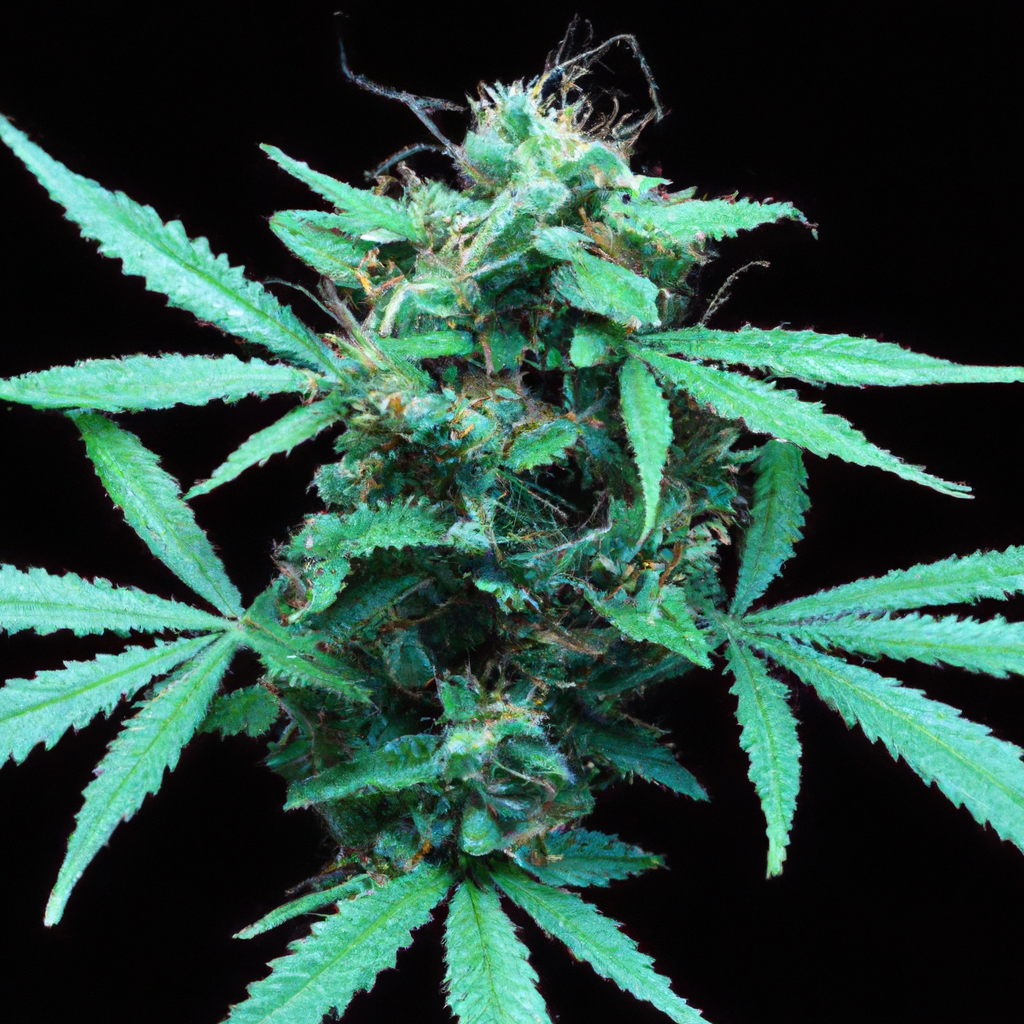
As research into cannabis advances, its interaction with neuroplasticity—the brain’s ability to form new neural connections—emerges as a significant area of interest. Cannabis may influence neuroplasticity by affecting neurotransmitter release, with potential therapeutic applications for neurodegenerative diseases, mood disorders, and cognitive enhancements. However, challenges such as variability in strains and legal barriers must be addressed…
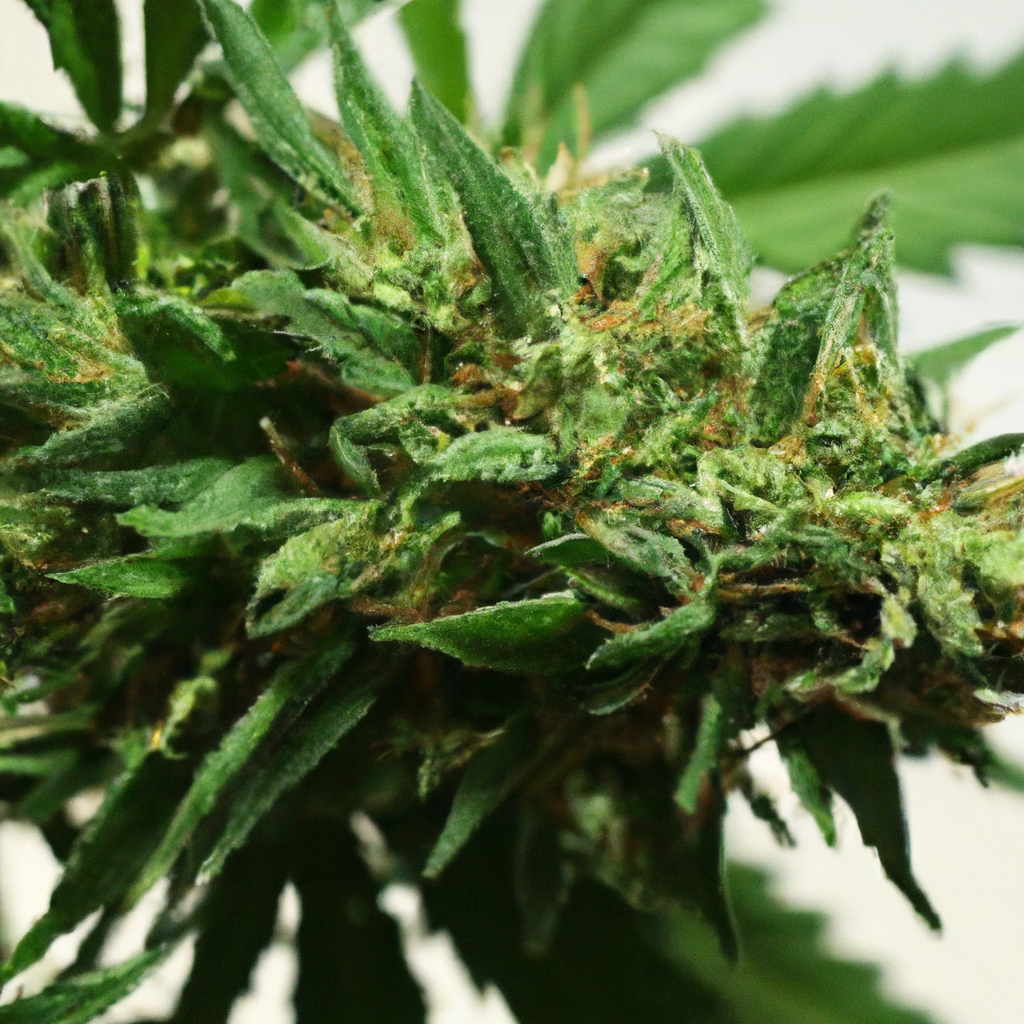
The cannabis plant is rich in diverse phytocannabinoids beyond just THC and CBD, offering unique therapeutic potentials. These naturally occurring compounds in cannabis interact with the human endocannabinoid system, influencing mood, pain perception, and immune function. Noteworthy cannabinoids like CBN, CBG, THCV, and CBDV have shown promise in areas such as sleep aid, anti-inflammatory properties,…
Cannabis has become a focus of scientific research for its potential neurological protection benefits, such as reducing oxidative stress and promoting neurogenesis. This blog post explores how cannabinoids like THC and CBD interact with the brain, offering antioxidant and anti-inflammatory effects, and promoting the growth of new neurons. Notably, CBD shows promise in regulating neurotransmitter…
As cannabis legalization spreads globally, understanding its effects on cardiovascular health is crucial. The article examines the complex interactions between cannabinoids like THC and CBD and the heart. THC is known to increase heart rate and pose risks for those with existing heart conditions, while CBD might offer anti-inflammatory benefits and aid in blood pressure…
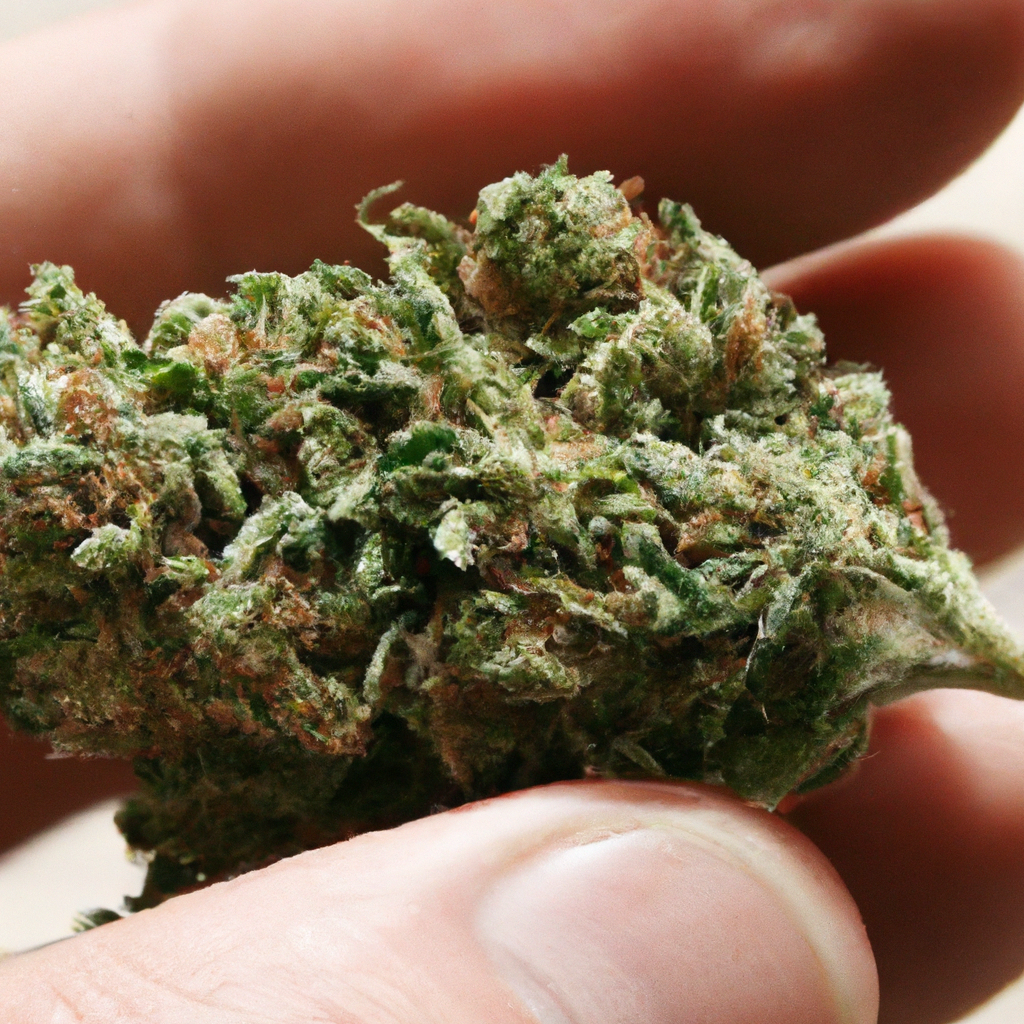
Chronic pain affects millions globally, and with concerns about opioid reliance, cannabis is gaining interest as an alternative pain management option. Cannabis contains cannabinoids like THC and CBD, which interact with the body’s endocannabinoid system to help modulate pain. Benefits include its lower addiction risk and multiple consumption methods, while challenges involve legal status, varying…
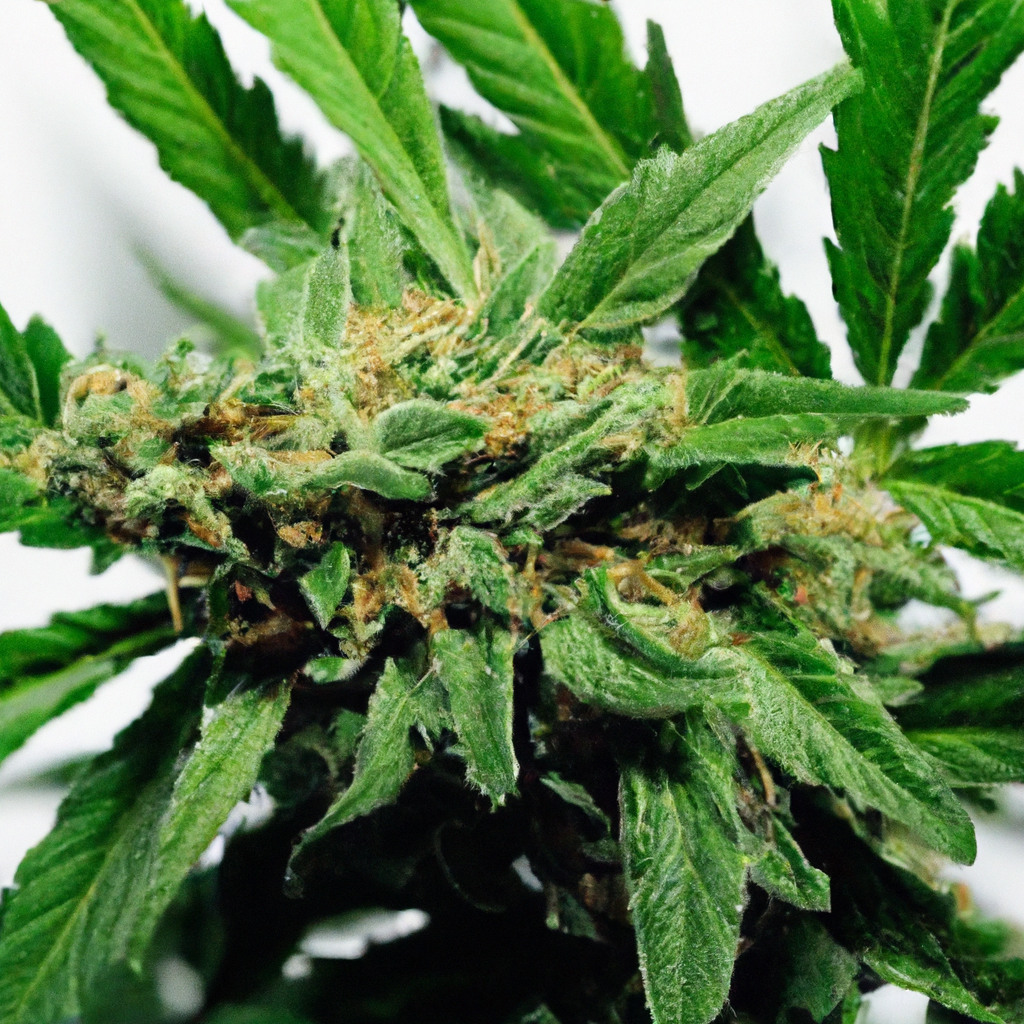
The cannabis plant’s complexity is revealed through its diverse range of cannabinoids, each contributing uniquely to its effects. Beyond the well-known THC and CBD, over 100 cannabinoids interact uniquely with the body, like CBG for inflammation, CBN for sleep, and THCV for appetite suppression. These cannabinoids create an “entourage effect,” enhancing therapeutic benefits from pain…
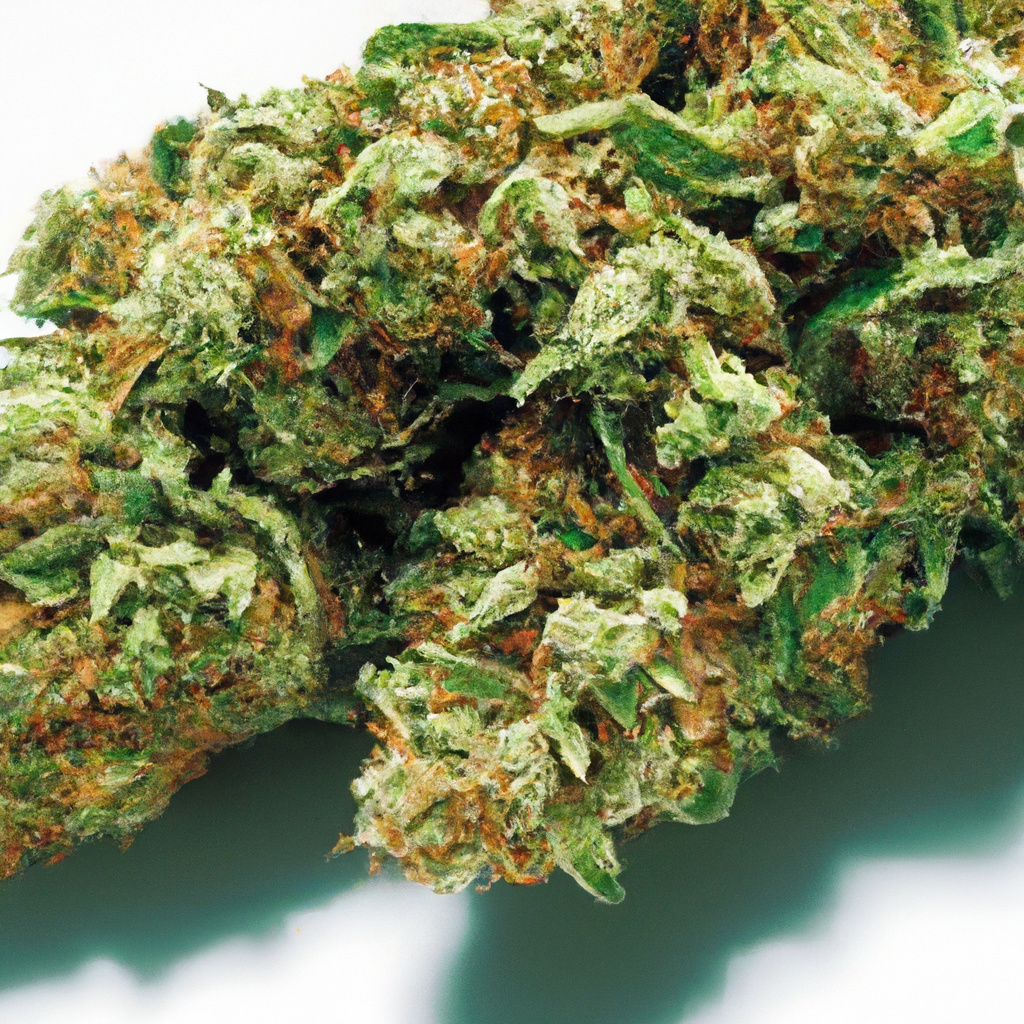
Explore the fascinating world of cannabis isolate, a pure form primarily consisting of a single cannabinoid like CBD or THC. This blog post demystifies cannabis isolate, detailing its production process, potential benefits such as precision dosage and versatility, and important considerations for safe use. Discover how this high-purity product offers unique advantages without the influence…
Inflammation often leads to chronic pain and discomfort, and cannabis is gaining attention as a natural alternative for managing these symptoms. The cannabinoids CBD and THC in cannabis interact with the body’s endocannabinoid system, offering potential benefits for conditions like arthritis, IBS, Crohn’s Disease, eczema, and psoriasis. For effective use, consulting a healthcare professional for…
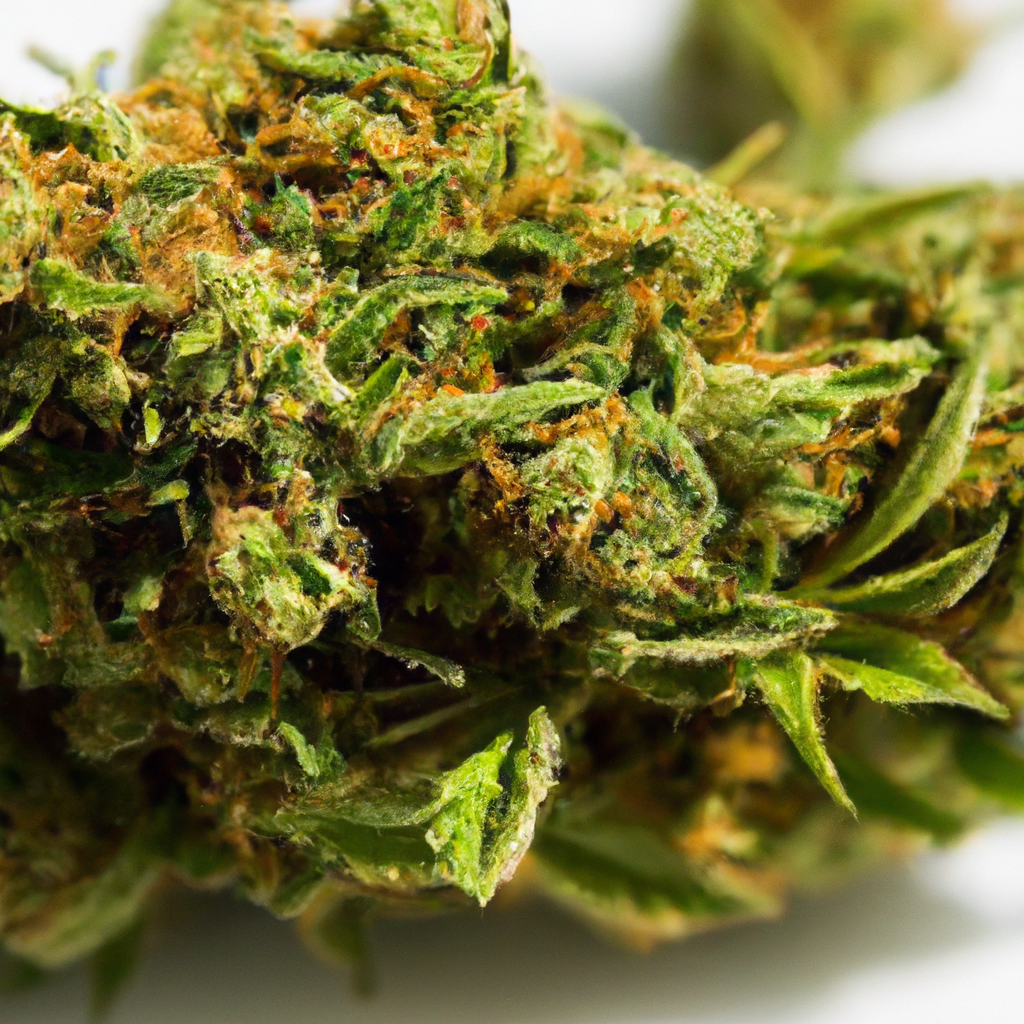
In recent years, cannabis has gained attention for its potential role in supporting hormonal balance. Scientific research is enhancing our understanding of how cannabinoids interact with the endocrine system, offering new insights into holistic health management. This article explores how cannabinoids like THC and CBD might influence hormone production, potentially providing relief from stress-related disorders,…
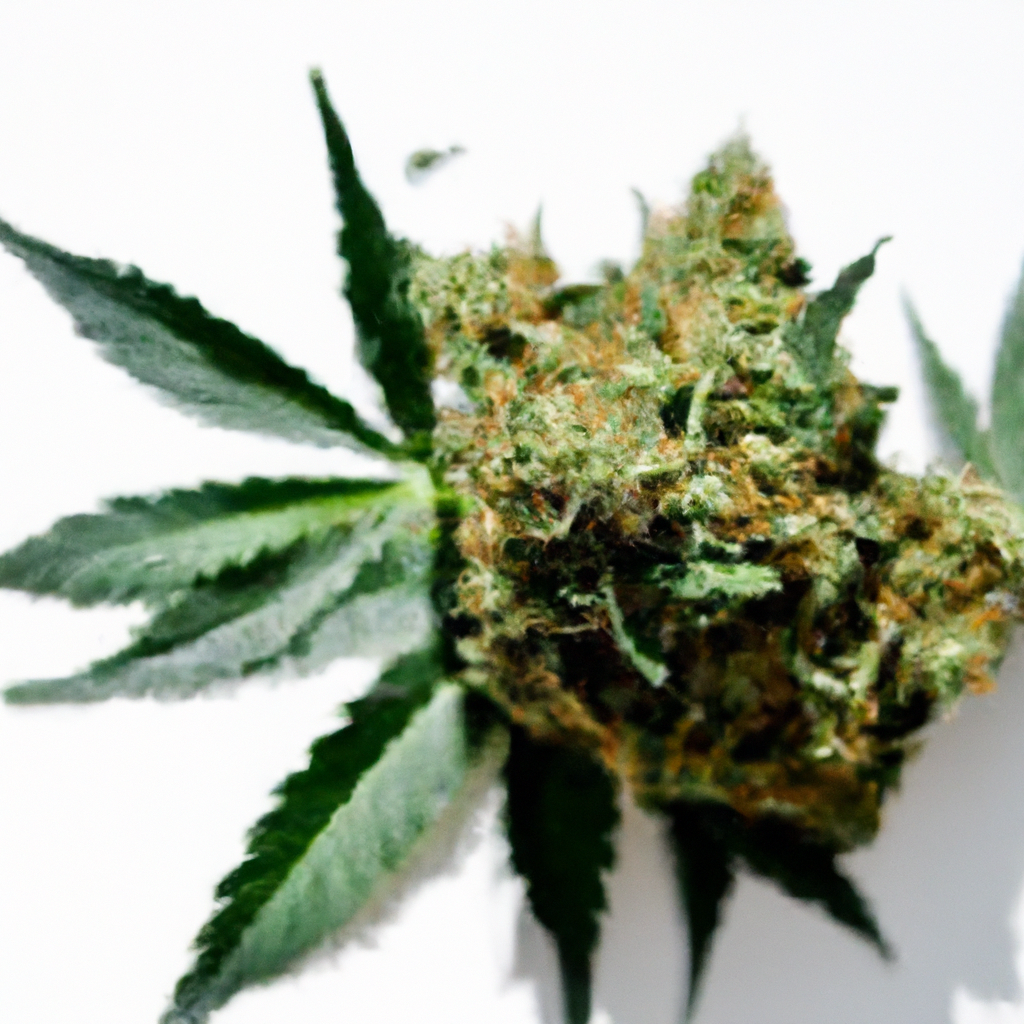
Cannabis is increasingly recognized for its potential to manage anxiety through its interaction with the brain’s endocannabinoid system. Key cannabinoids, THC and CBD, have varying effects on anxiety, with CBD known for its calming influence. For those considering cannabis for anxiety relief, selecting the right strain is critical, with options like Northern Lights and ACDC…
